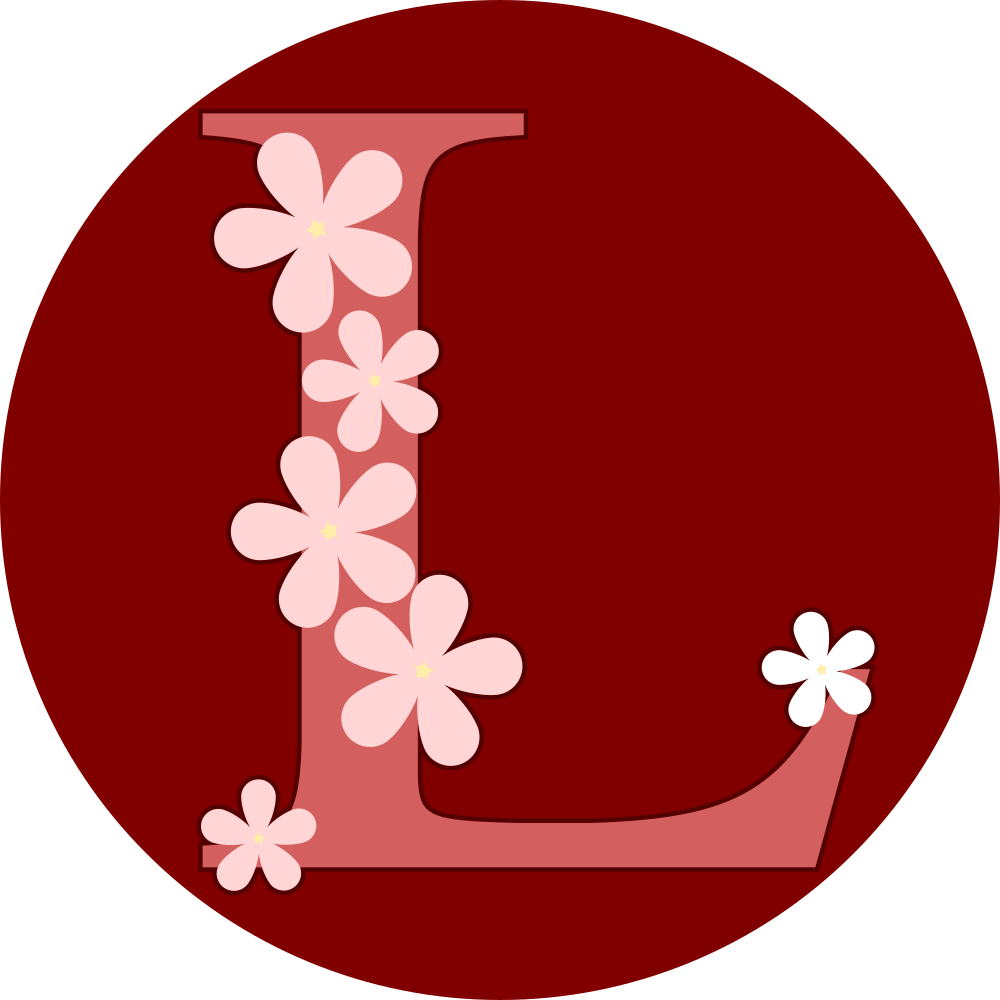As Wiktionary puts it:
The word data is more often used as an uncountable noun with a singular verb than as a plural noun with singular datum.
It’s like “hair”. You can hold a single ‘hair’, you can also hold three hairs. But if you’re looking at an entire mane, you ain’t counting, so it’s referred to as “hair” again.
Yeah, but for example, IEEE conference paper templates explicitly state “The word ‘data’ is plural, not singilar”. So if you use it with a singular verb you will receive this post in an email and you can only say thank you and change it.
The piece of data and the data overall suggest that…
Over categorization is a lie that only causes more problems. Stop the forcing of categorizing things. Just let things exist.
And the word “data” is only one word, so “data is plural”
Maybe I’m whooshed, but you understand the concept of uncountable nouns, right?
The noun I’m referring to is the word “data” not the data themselves. “Data data” is 2 words, “data” is one word. The word (singular) “data” is plural
In Latin, sure. But the word “datum” isn’t a part of English, so we have instead the uncountable noun “data” which is derived from the Latin.
Datum is indeed a word in English. Singular point of information.
Ok… Data are a character on Star Trek.
Wouldn’t that be a correct thing to say if Data uses singular they/them pronouns?
No.
Three whole hours and the descriptivists haven’t come by to tell us there are no rules to language. This might be a record.
There definitely are rules to language, which are determined by how the language is actually used. The issue with prescriptivists is that they invent their own rules which often go against how the language is used, i.e. the rules are nonsense.
Take the “less vs fewer” argument. Everyone happily uses ‘less’ in pretty much the same way for nearly a millennium, then some prescriptivist asswipe comes along and says they don’t like it so now there’s a rule. Prescriptivists spend the next couple of centuries yelling about their new rule and creaming themselves over how they’re now ‘better’ at the language than other people while everyone else just doesn’t give a fuck and continue to speak normally.
In the end language is just a tool to communicate ideas. If you clearly understood someone but whine because they ignored your made up rules you’re the asshole.
i’d say the bigger issue with prescriptivists is that they don’t think the rules of language are allowed to change, nor are you allowed to violate the rules.
Everyone must speak exactly the same language, dialects are verboten and so is change.
Twelve hours, folks.
I thought it would be fewer
I guess I tend to use data as a mass noun when referring to computer data (“there’s a lot of data on that drive”) and as a regular noun when referring to data in the scientific sense (“these data show xyz”)
I’m kinda getting the urge to lick between this guy’s front teeth just to see what it feels/tastes like.
I’m getting the urge to run screaming and call the authorities.
Do his ear next
Ew so disgusting. Why would you even suggest something like that???
This is just an datum point
Data is as data does.
I have switched to just saying dataset
Anyone asked data how they identify themselves?







